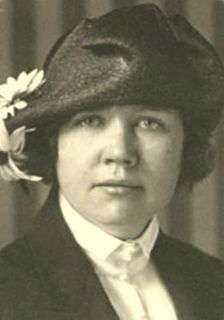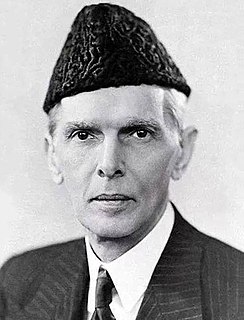A Quote by Rose Wilder Lane
That way of life against which my generation rebelled had given us grim courage, fortitude, self-discipline, a sense of individual responsibility, and a capacity for relentless hard work.
Related Quotes
The battle for self-discipline may leave you a bit bruised and battered but always a better person. Self-discipline is a rigorous process at best; too many of us want it to be effortless and painless. Should temporary setbacks afflict us, a very significant part of our struggle for self-discipline is the determination and the courage to try again....Eternal life in the kingdom of our Father is your goal, and self-discipline will surely be required if you are to achieve it.
The two greatest enemies of the individual in the modern world are communism and psychiatry. Each wages a relentless war against that which makes a person an individual: communism against the ownership of property, psychiatry against the ownership of the self (mind and body). Communists criminalize the autonomous use of capital and labor, and harshly punish those who "traffic" in the black market, especially in foreign currencies. Psychiatrists criminalize the autonomous use of the self, and harshly punish those who "traffic" in self-abuse, especially in self-medication and self-destruction.
To be free people we must assume total responsibility for ourselves, but in doing so must possess the capacity to reject responsibility that is not truly ours. To be organized and efficient, to live wisely, we must daily delay gratification and keep an eye on the future; yet to live joyously we must also possess the capacity, when it is not destructive, to live in the present and act spontaneously. In other words, discipline itself must be disciplined. The type of discipline required to discipline discipline is what I call balancing.
Countrymen, the task ahead is great indeed, and heavy is the responsibility; and yet it is a noble and glorious challenge - a challenge which calls for the courage to dream, the courage to believe, the courage to dare, the courage to do, the courage to envision, the courage to fight, the courage to work, the courage to achieve - to achieve the highest excellencies and the fullest greatness of man. Dare we ask for more in life?
I read recently that all of us can be defined in adult life by the way others perceived us in high school. I know [people] who had the popular, good-looking path in high school; they tend not to do so well. It was a little bit too easy for them, where for those of us who struggled in every sense, perhaps our determination and self-reliance and discipline were reinforced by that.
Hardship, in forcing us to exercise greater patience and forbearance in daily life, actually makes us stronger and more robust. From the daily experience of hardship comes a greater capacity to accept difficulties without losing our sense of inner calm. Of course, I do not advocate seeking out hardship as a way of life, but merely wish to suggest that, if you relate to it constructively, it can bring greater inner strength and fortitude.







































